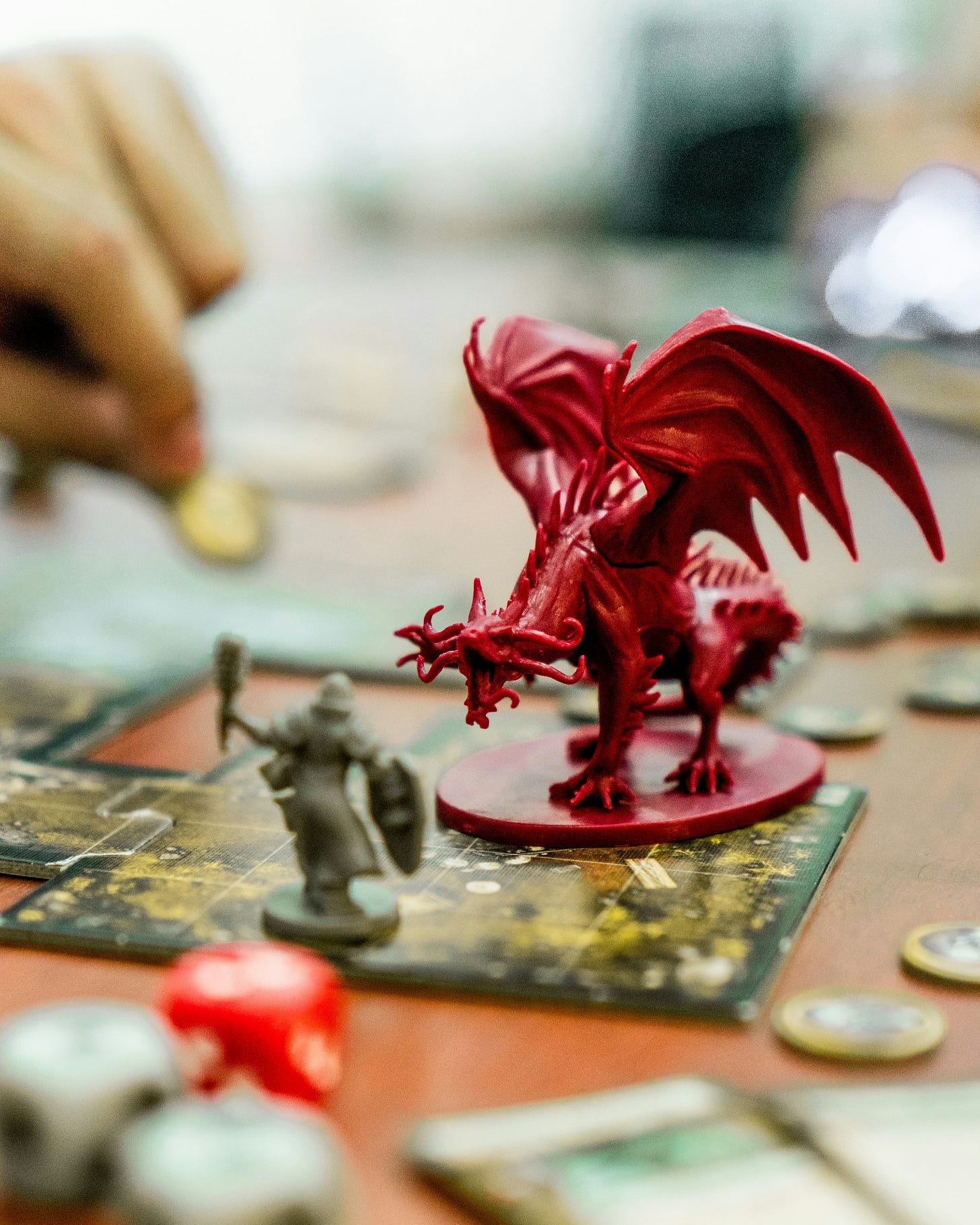
Back when I was working in the educational assessment industry, the hot topic was something called “21st Century Skills.” These broad categories of education are meant to help students prepare for a place in the “Global Economy” and to set them up for success in today's complex, fast-moving world.
I agree with this in concept. It’s not enough to teach kids math, or language, or science, or history. We must teach students to apply that knowledge to solve problems — many of which they've inherited from us. I believe the purpose of education is to create good global citizens, and these 21st Century Skills, if taught well, can begin to do that.
21st Century Skills: the Short List
The list of 21st Century Skills are not standard, but generally they include (among others): communication, problem-solving, research, collaboration, critical thinking, creativity and innovation, technology skills, and even perseverance. As a parent, as a leader, and as a citizen, I see the importance of encouraging development of these domains, over and above the rote, summative education that was the norm for many years. Times are different now than when standardized education was created: the problems are different, more prevalent, and more complex. And our students need to be equipped by their education with the abilities to thrive in the complex world of today.
So What's This Have to Do with D&D?
When I look at the list of those skills above, every single one of them (and others) are cultivated by active participation in role-playing games:
Communication and collaboration? These are essential for D&D groups to succeed together, where each player character is a specialist with a finite skill set that complements those of their teammates.
Critical thinking and problem-solving? Necessary skills for players to overcome the intricate puzzles and tactical challenges the game presents.
Creativity? The game is all about making stuff up, but doing so in a way that is consistent with the setting and the game rules. It’s unlimited creativity within constraints — generally the most fruitful kind.
Research? How many players have become experts in flora and fauna to support their druid character, or in armor and weapon types for their fighter, or in history (real or fantastical) for their bard? And doing this research on their own, not for an assignment?
Even technology is a standard part of role-playing games now, whether it’s virtual tabletops to house their games, software to build and run their characters, or wikis for world-building.
And what about perseverance? Well, role-playing games like D&D are “infinite games;” the goal is not to win (and end the game), but to keep playing. Many D&D campaigns (the term in role-playing parlance for these infinite games) have been going on for years.
And best of all, it’s all a game. It’s fun. It’s like the spoonful of sugar to help the medicine go down.
What better way to teach kids stuff we want them to know than to incorporate those learnings into a pastime they enjoy and want to do more of?
The good news is that a lot of schools and libraries are doing just that — promoting role-playing clubs and events, and getting more kids involved in this constructive and rewarding hobby.


